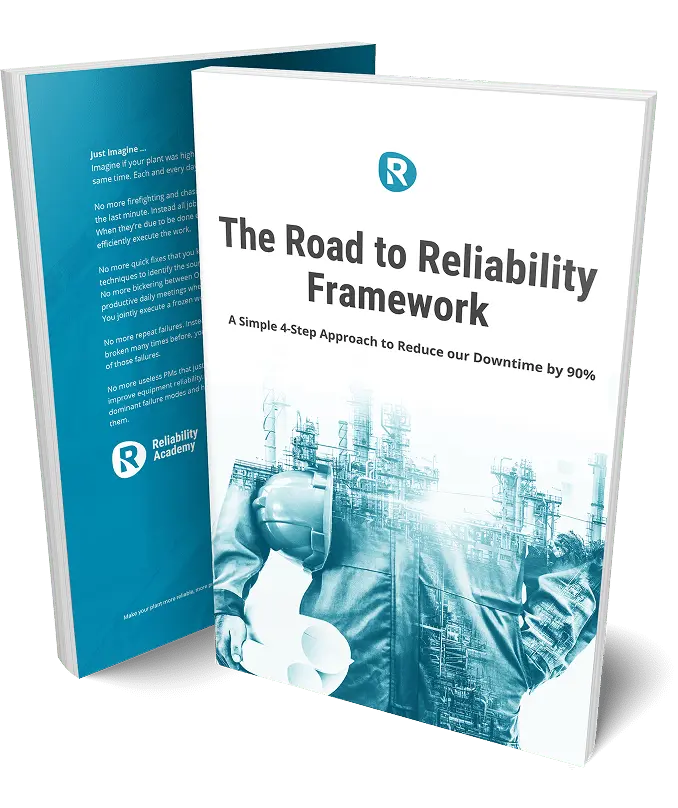You won’t get anywhere on the Road to Reliability™ without effective leadership:
Tasks are duplicated. Leadership is required to move away from the status quo and take your first step on the road to improvement.
Leadership is required to determine the vision and stay the course along this winding and sometimes bumpy road.
Leadership is required to bridge the gap with other parts of the organisation. Reliability is something that can only be achieved when operations, maintenance, engineering, contracting & procurement work together towards a shared vision.
Leadership is required to overcome the resistance you will encounter along the way — and you will.
Leadership is required to embed all the changes along the way to make sure it all sticks and doesn’t become the flavour of last month. Leadership is required to build the right culture – a reliability culture, because without the right culture all that change that you implement won't be sustained.
The importance of plant leadership in reliability has been long talked about, but Terrence O’Hanlon from www.reliabilityweb.com has really brought this to the forefront in recent years with his work around Reliability Leadership® and the Certified Reliability Leader (CRL) program. We are grateful for the work of Terrence O’Hanlon and other thought leaders like Winston Ledet, John Moubray, Anthony ‘Mac’ Smith, Ron Moore and of course Richard ‘Doc’ Palmer.
Reliability Leadership® is a registered trademark of Netexpress USA Inc. DBA Reliabilityweb.com
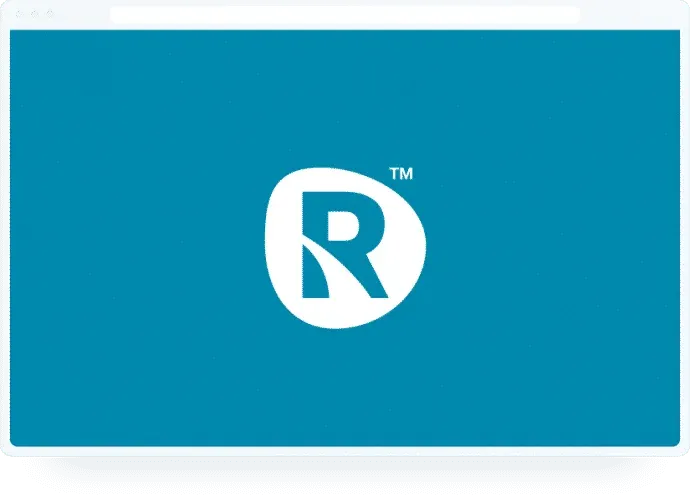
Most maintenance managers come up through the ranks
with strong technical skills, but short on business and leadership skills
The problem is that business and leadership skills are underdeveloped in our maintenance & reliability community.
Most maintenance managers come up through the ranks with strong technical backgrounds. But along the way their leadership and business skills are typically not developed.
Few organisations recognise this. Even fewer organisations do something about it. But you need leadership skills and basic business skills to succeed on the Road to Reliability™ Framework.
Not the soft and fluffy stuff.
You need tangible, specific leadership and business skills to make the Journey to World Class Reliability.
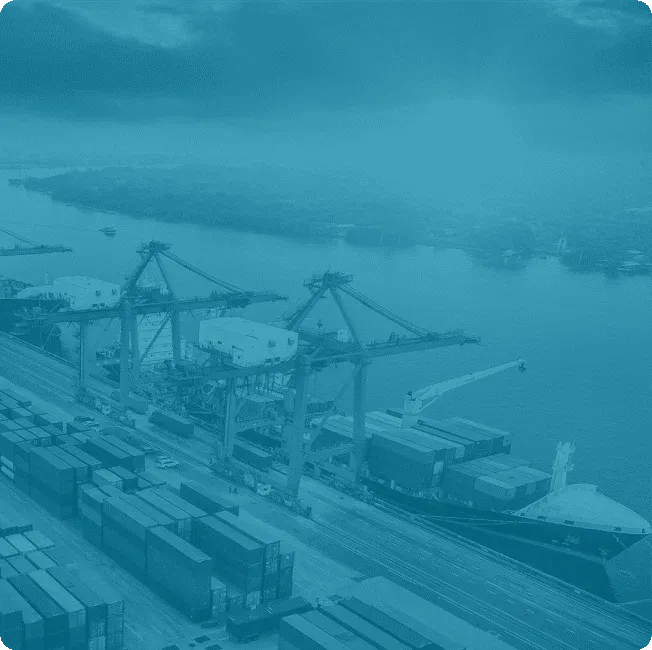
A good leader provides vision, motivation, accountability and coaching.
This is something you can learn.
You do not need to be a CEO to ‘lead’. To succeed we need leaders at all levels of an organisation.
And there is a simple, yet highly effective model to improve leadership that we can all learn to apply.
It breaks a fluffy subject like leadership into 4 practical steps that we can apply at all levels of an organisation.
These 4 steps are:
Vision - Create a compelling vision of a better future.
Motivation - Motivate people to deliver the vision. Show them a better future in a world of Reliability. A better future for themselves. And a better future for your organisation as a whole.
Accountability - Manage the delivery of the vision by breaking it into small steps. Hold people accountable to deliver those small steps. Make progress visible and celebrate success. Often and early.
Coaching -Share your knowledge and experience to help your people perform better. And build more trusting relationships along the way.

We’ve all seen it. I certainly have seen it many times. And in many places around the world.
A maintenance manager that knows what needs to be done, but somehow can’t get it done.
Can’t get the organisation galvanised to take action.
Can’t get plant leadership to buy into the concept of a Reliable Plant.
So, why is this?
We know that a reliable plant produces more, costs less to operate and is safer to run. So why do so many maintenance and reliability managers around the world struggle to sell reliability to their leadership?
Business basics.
These managers can’t seem to express the value that reliability brings into the cold hard dollars that leadership count in. They can’t equate reliability or maintenance improvement into production gains or bottom line benefit.
Even more so than Leadership, business skills like these can be taught and learned. And that’s exactly what is covered by the Leadership & Culture element of the Road to Reliability™ Framework.
Online training course that teaches you
how to lead maintenance & reliability improvement
Leading Maintenance &
Reliability Improvement
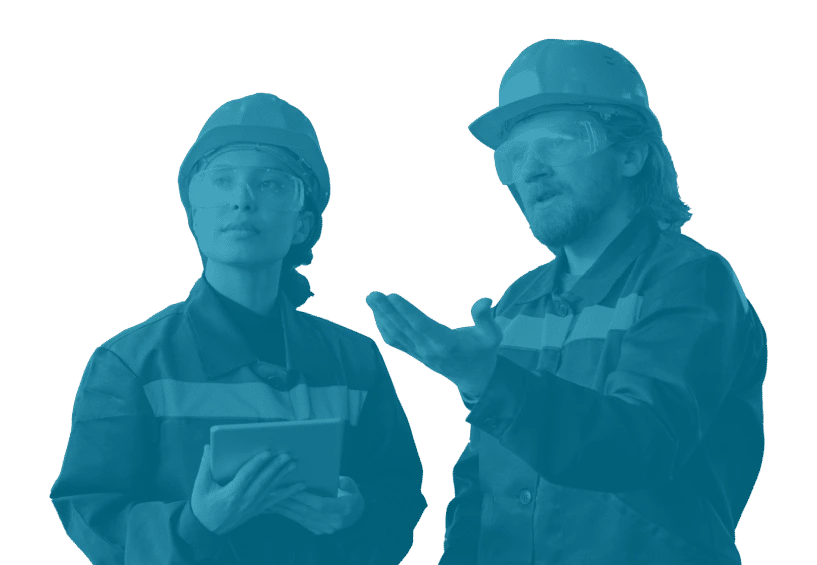
Aimed at maintenance managers with a strong technical background, The Leading Maintenance & Reliability Improvement course (LC100) teaches these leaders how to develop, sell and implement maintenance improvement programs that deliver sustainable results.
The course builds on the technical knowledge gained in the Maintenance Planning & Scheduling, Preventive Maintenance, and Defect Elimination courses offered by the Road to Reliability™ Academy or equivalent prior knowledge.
Explore coursesWith leadership and business skills in your pocket, there really is
nothing stopping you to travel the Road to Reliability™
Why are we so bad at maintenance?
Maintenance performance across the world is pretty poor, no matter what industry or country you look at.
What makes this worse is that the principles of modern maintenance management were pretty much defined and documented by the late 1980’s if not earlier.
So why, after knowing what to do for 30 to 50 years, why do so few organisations achieve excellent maintenance performance?
Tell me why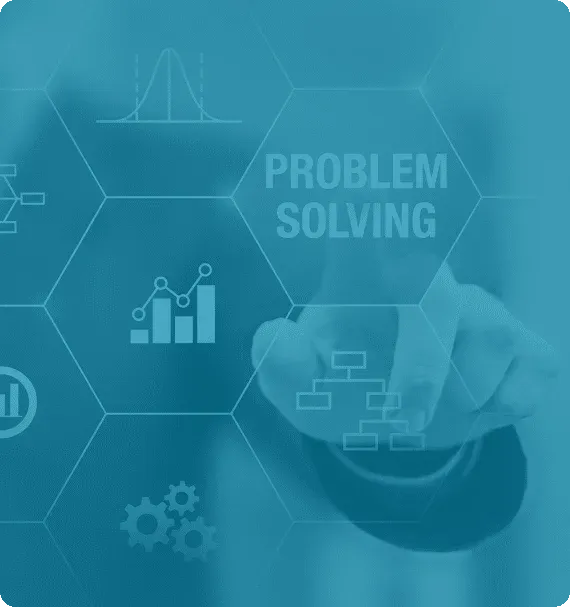

Your people are not your biggest asset
There is classic saying in business literature that your people are your biggest asset. And just about everybody repeats this mantra everywhere you look.
But today I’m telling you that just about everybody is wrong. Your people are not your biggest asset.
Before you start yelling abuse at me, let me explain. It starts with a quote often attribute to the famous management guru Peter Drucker.
Show me howThe Road to Reliability is paved with culture and leadership
A frequent used saying is that leadership is about doing the right things and management is about doing things right
But, to succeed on the Road to Reliability, you need the right things and you need to do them right.
So when it comes to leadership, I prefer to define a leader as someone who provides vision, motivation, accountability, and coaching.
Show me how

